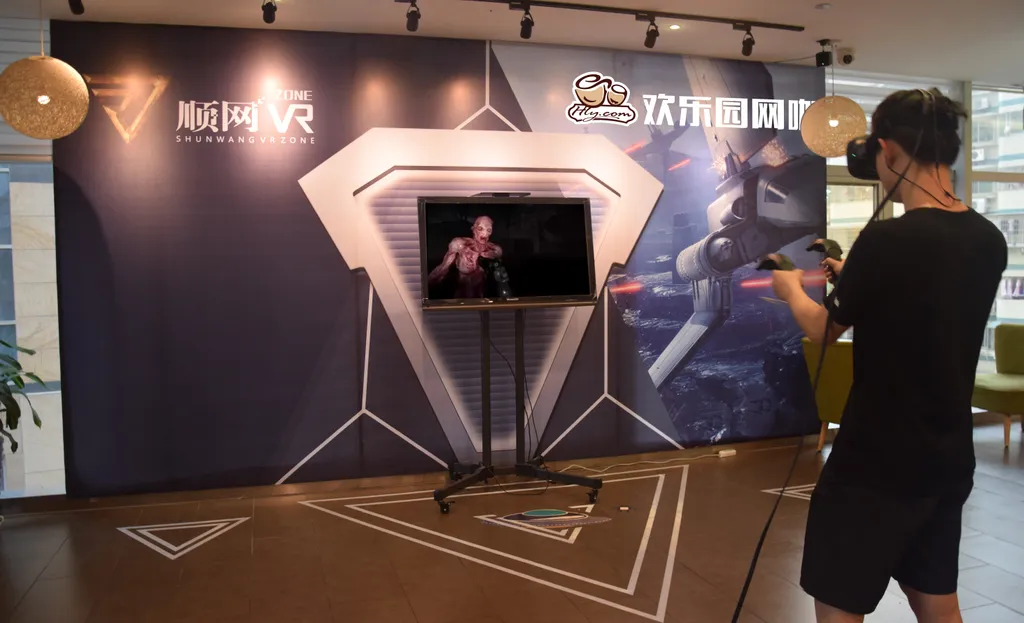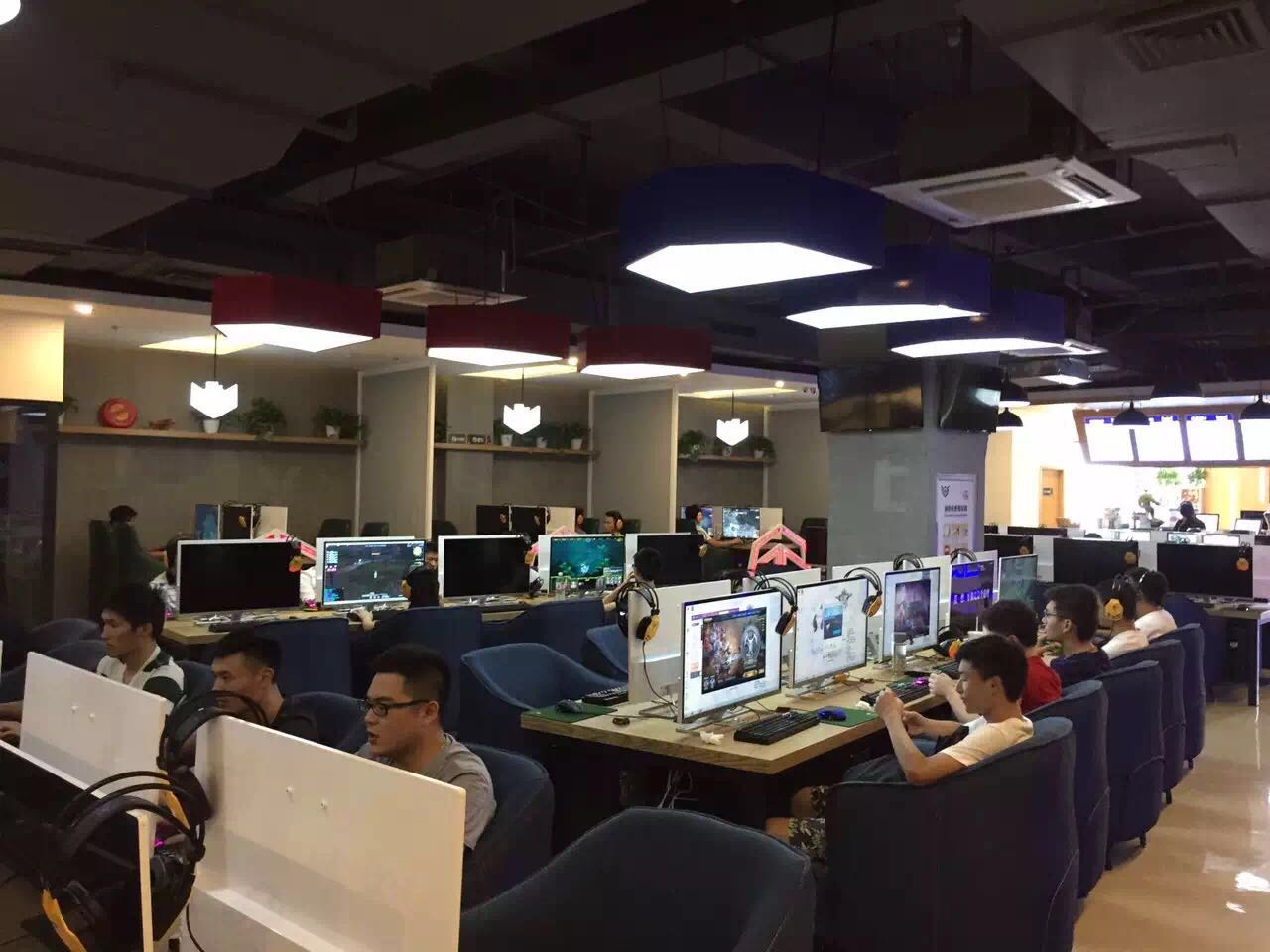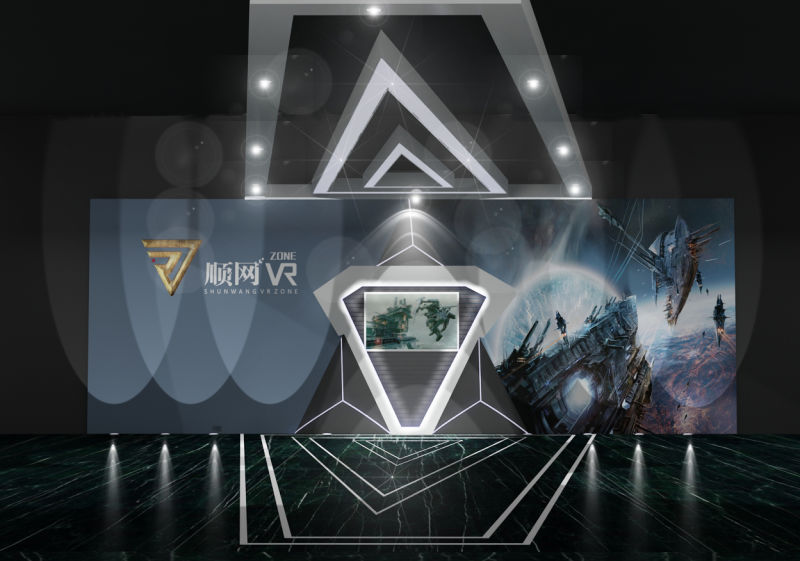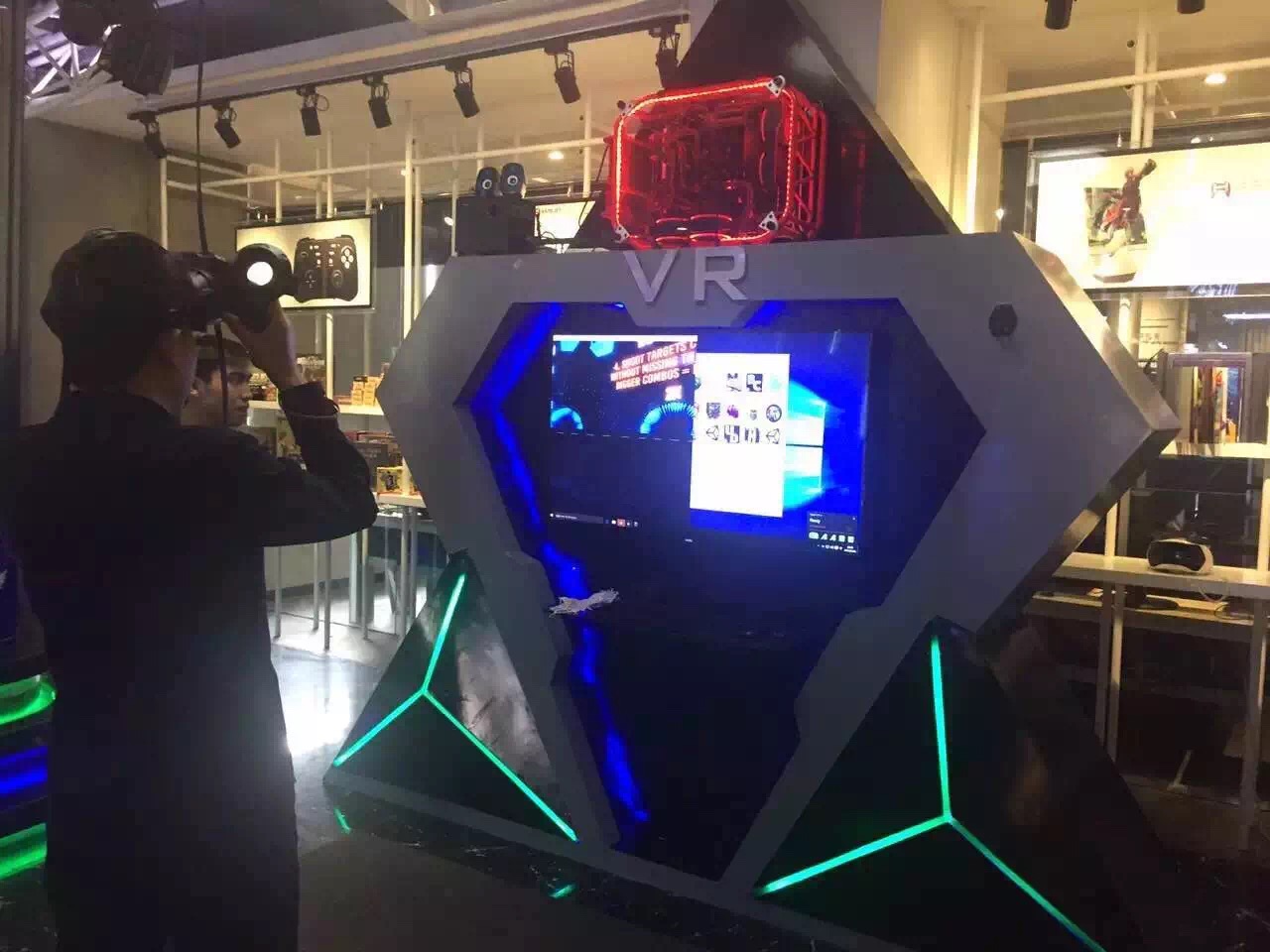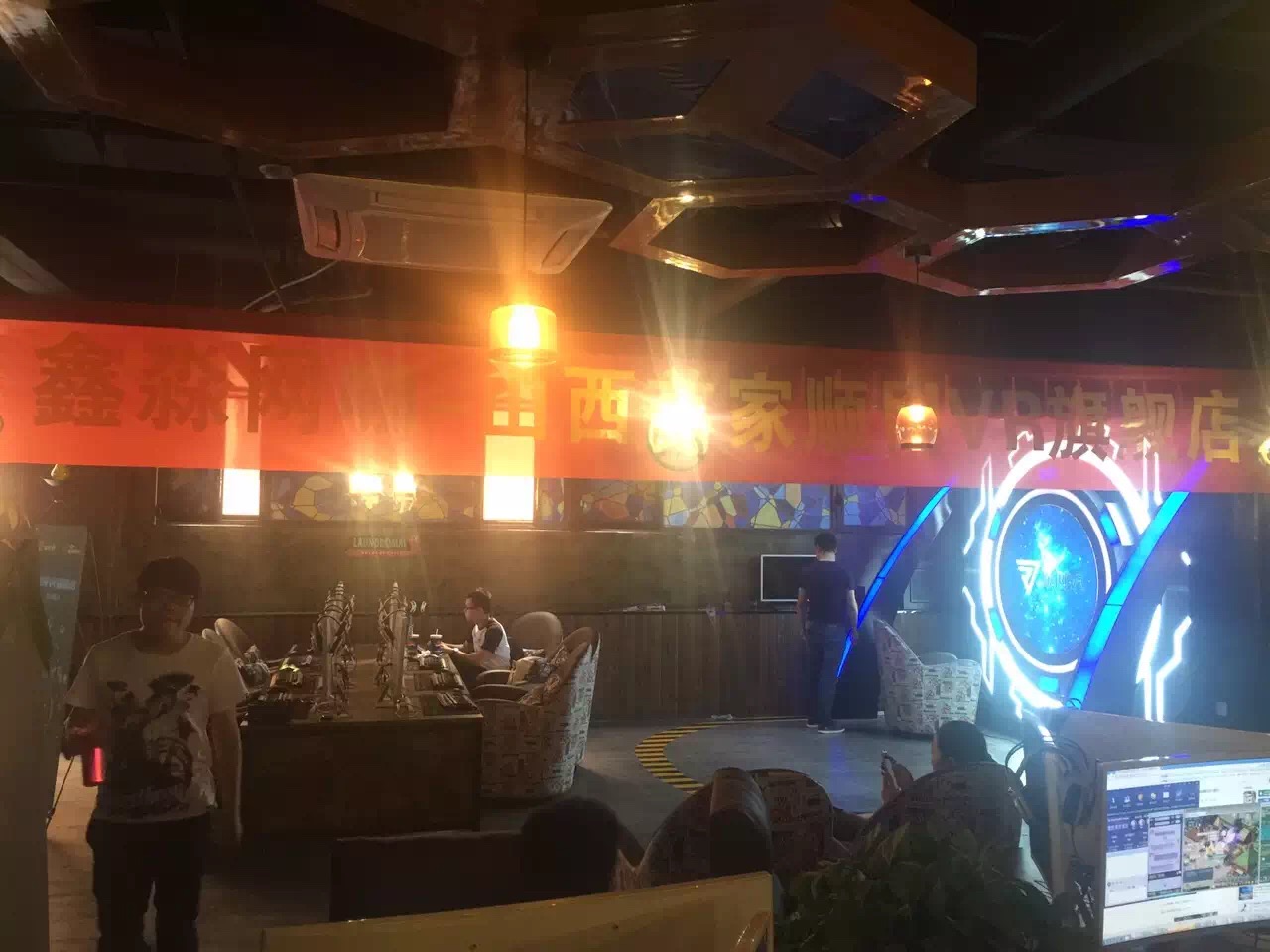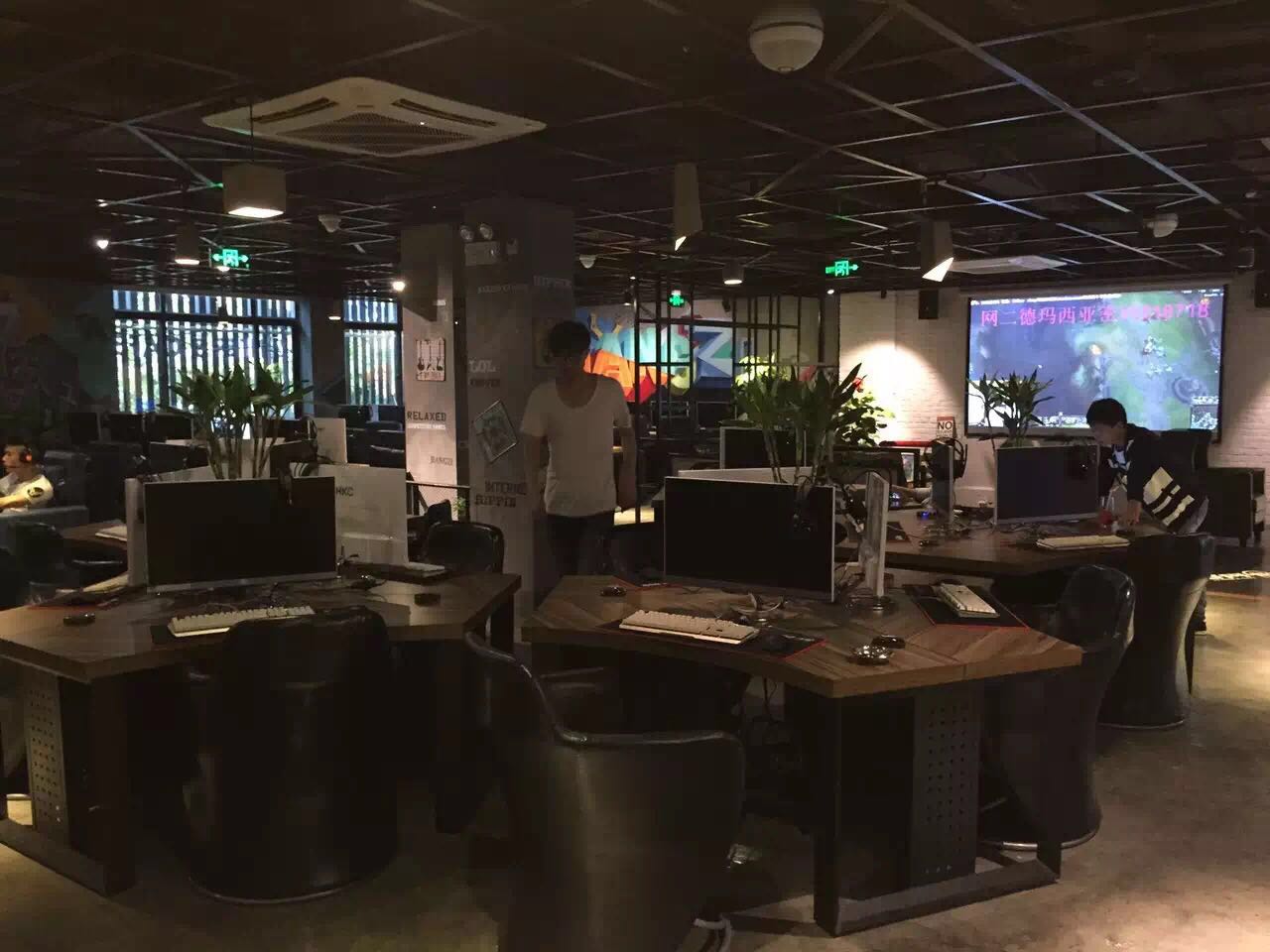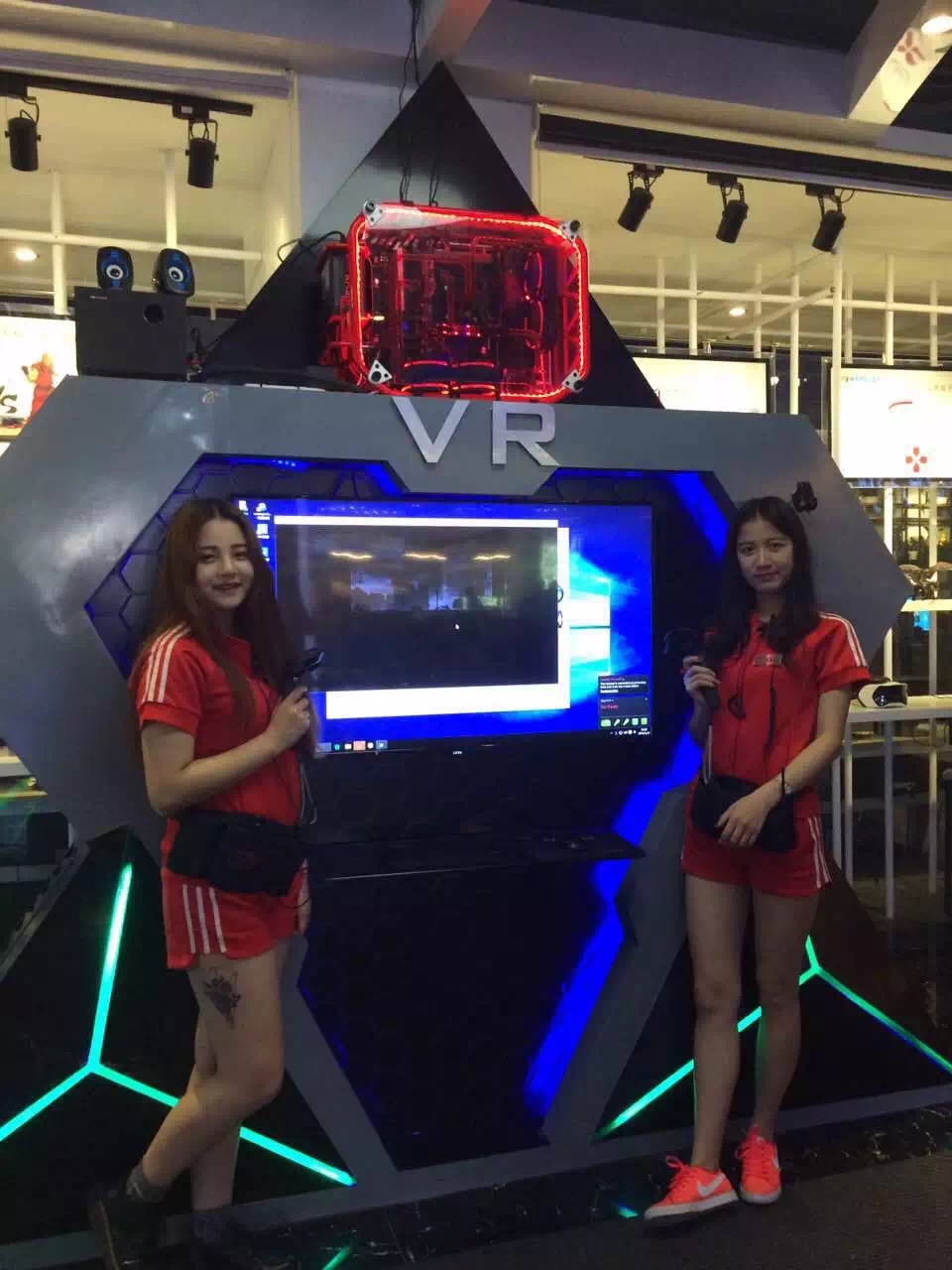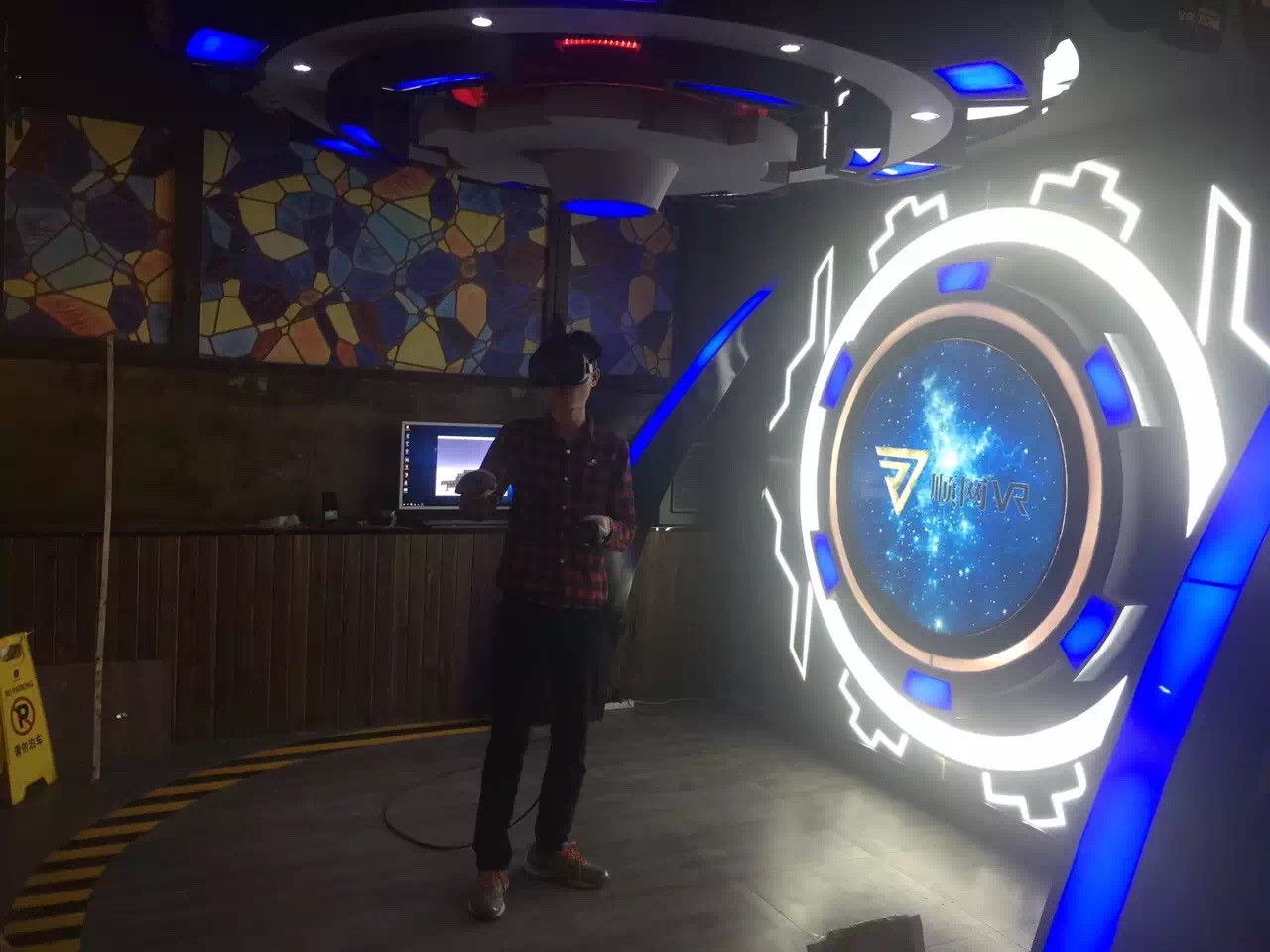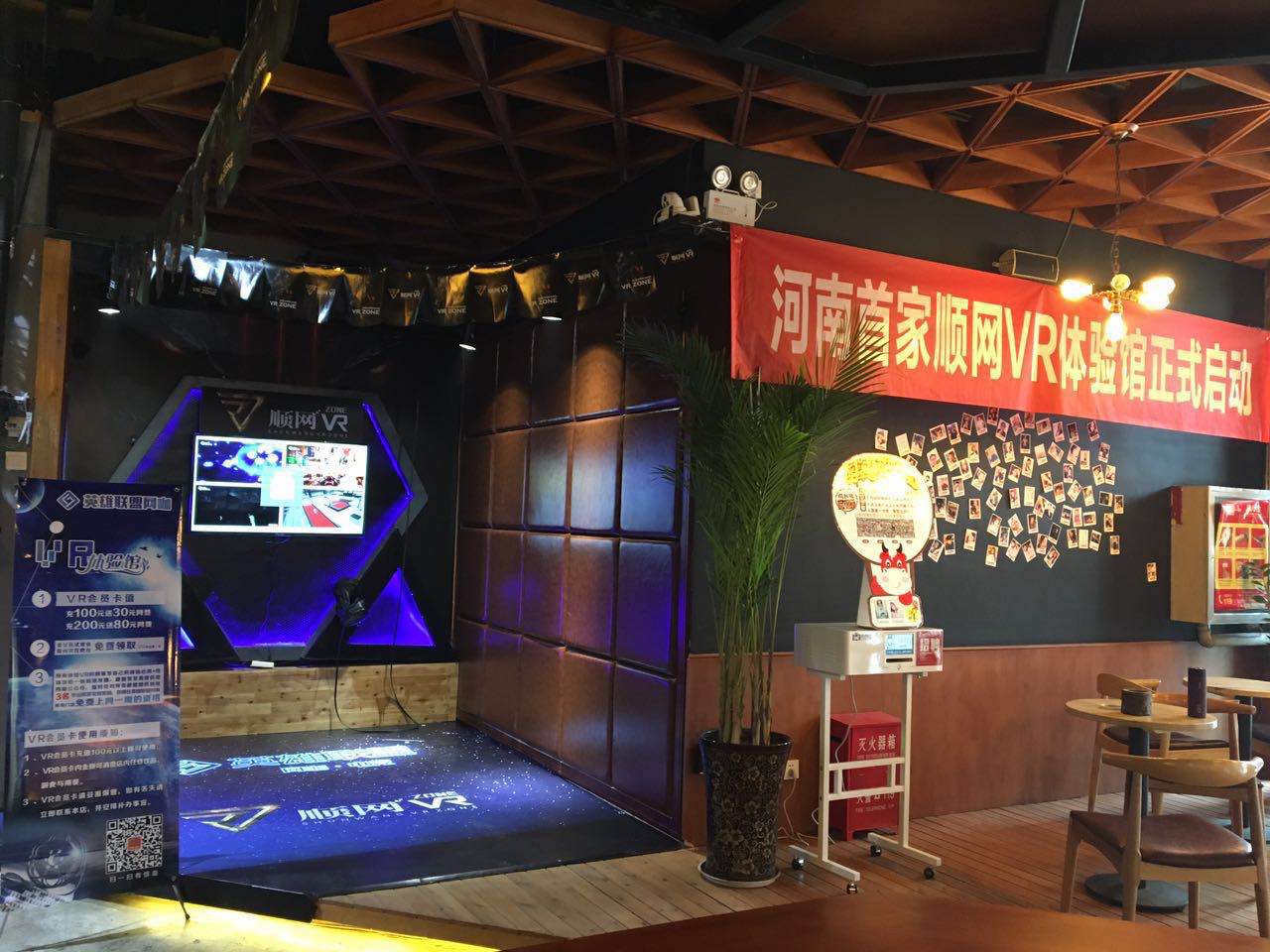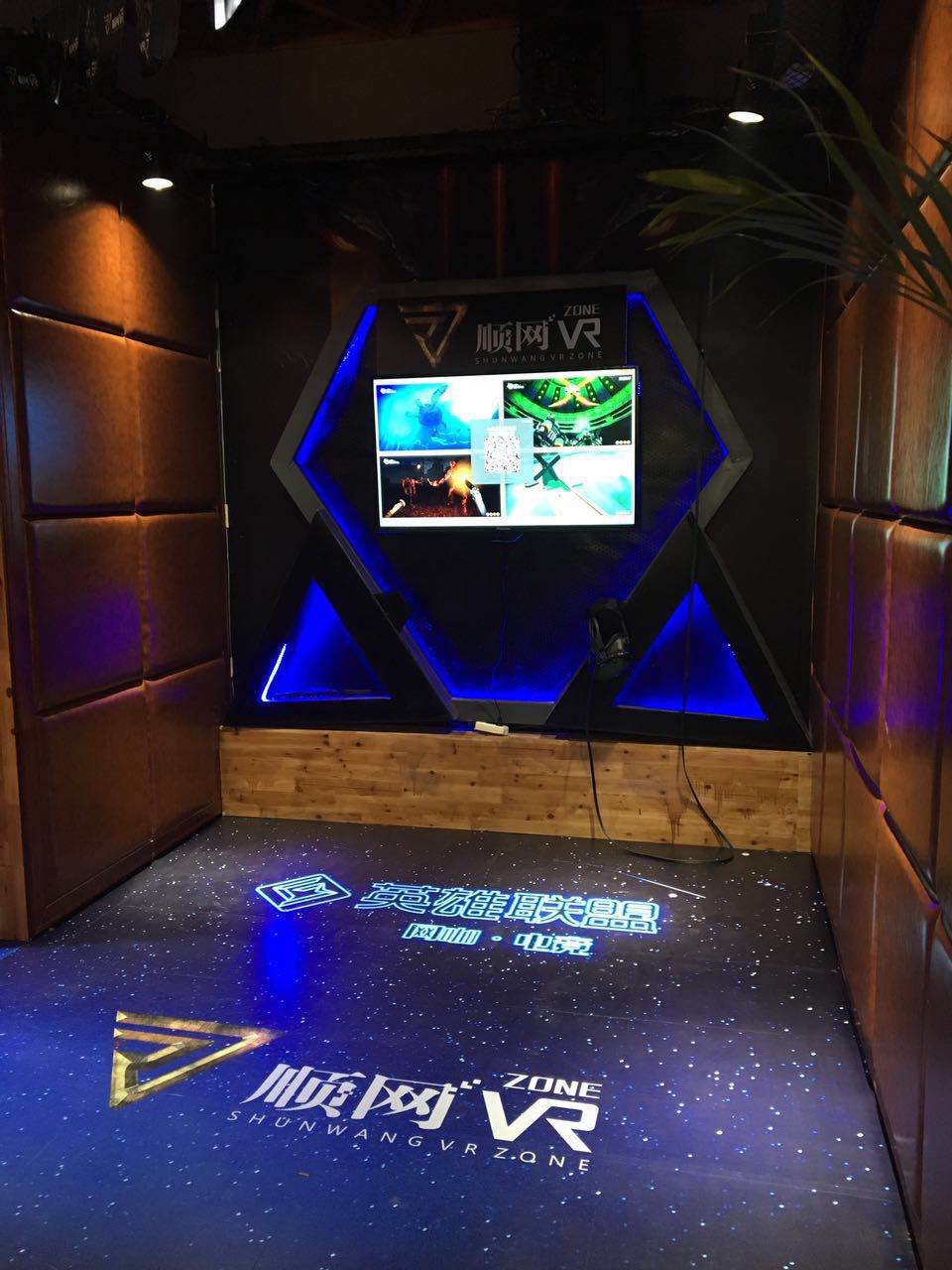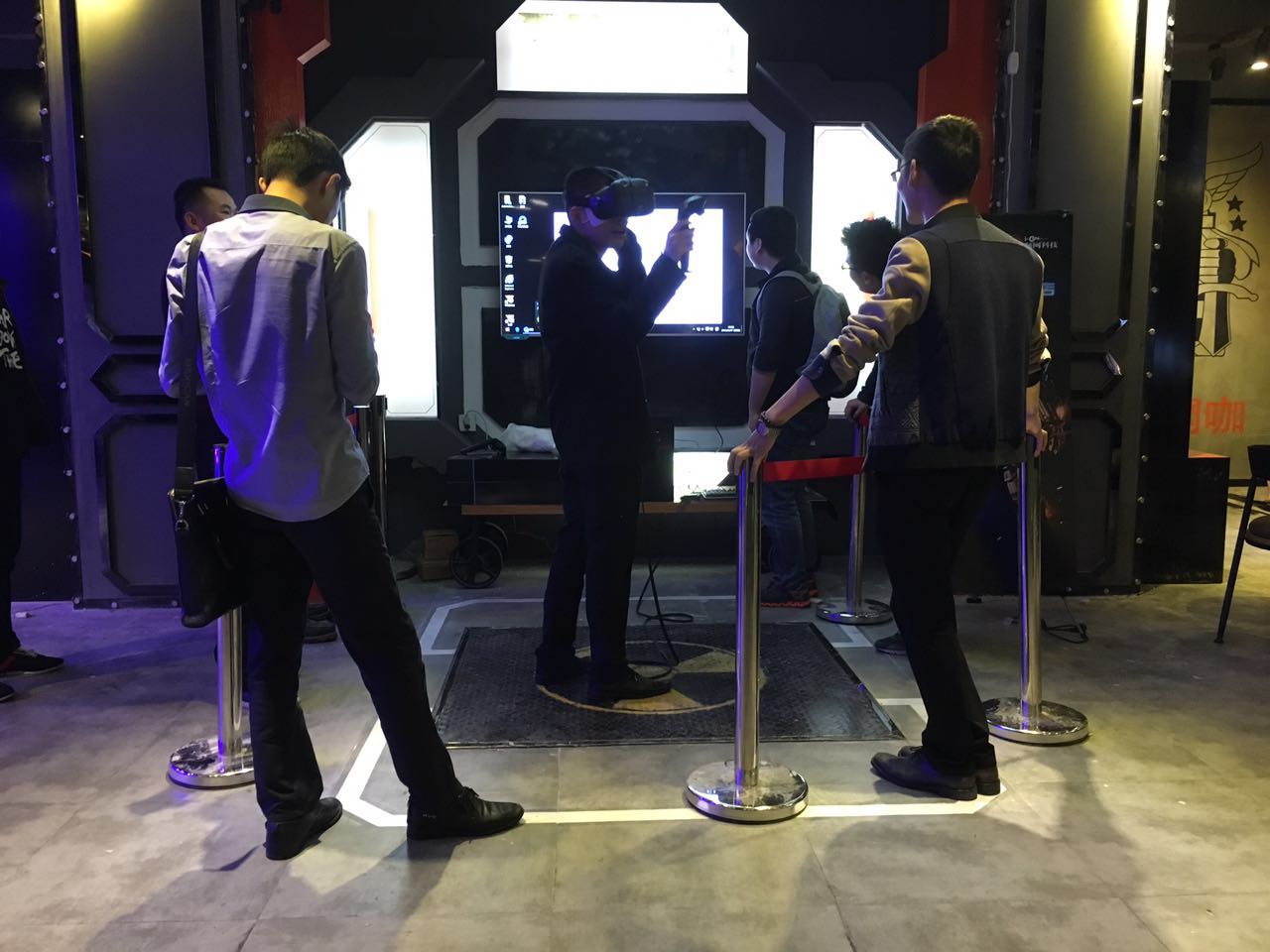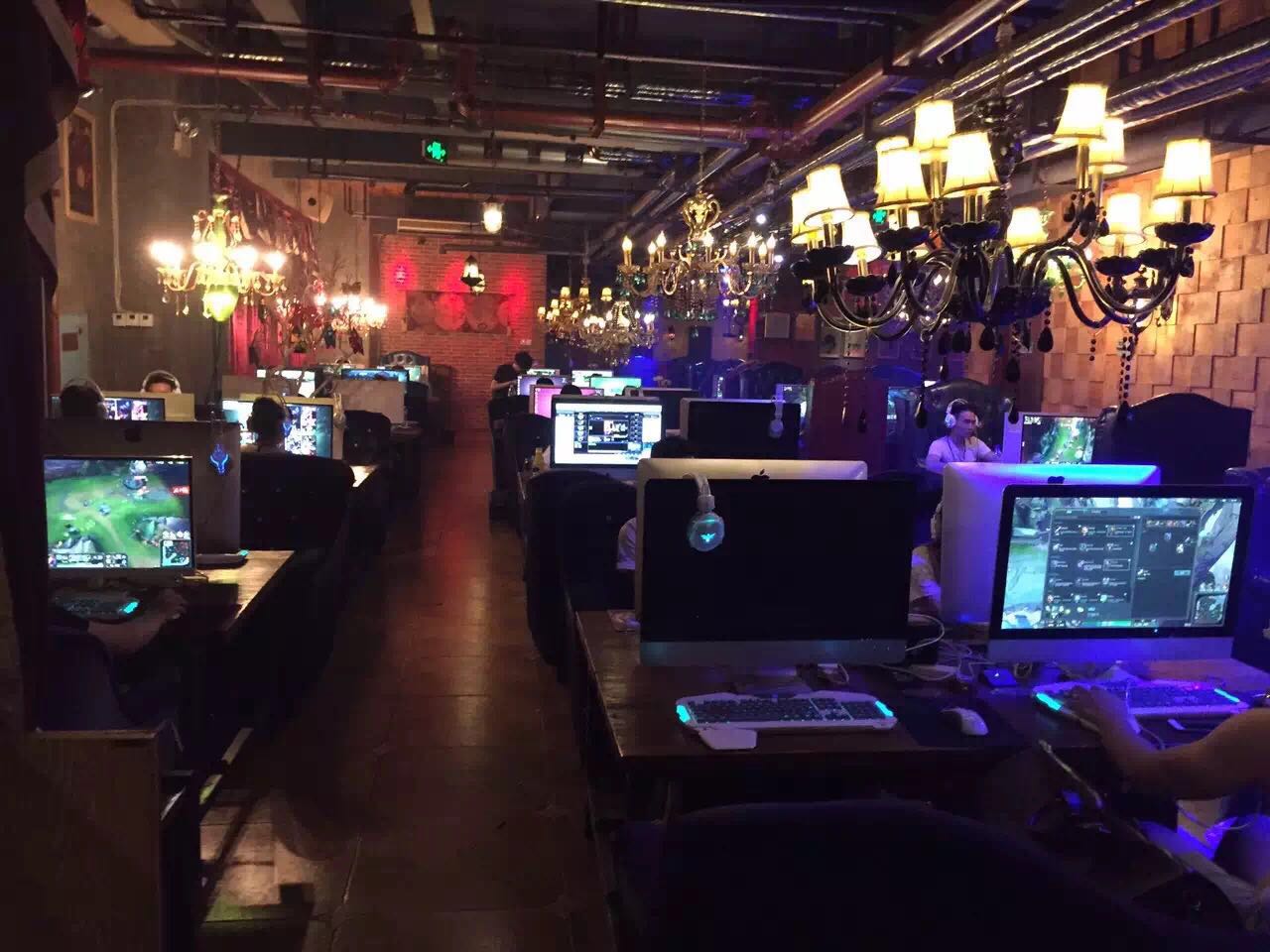If you’re from the United States, UK, or another nation that’s commonly referred to as “the West” then chances are that you, like me, are not personally familiar with the culture surrounding internet cafes. On my side of the world, when I think about playing a game online, I think about going to my apartment, turning on my PC or console, and jumping into whatever game I feel like playing for however long I want to play it.
I have a home with an entire room that is dedicated to gaming which includes a space for VR. I have several of the most recent video game consoles, I’ve got a relatively powerful PC, and all of the other amenities a modern Western gamer is accustomed to having readily available.
In China, the reality is often much different.
Cultural Differences
One of the most popular ways to consume electronic entertainment in China is by visiting an internet cafe, also referred to as an iCafe, or Net Cafe. These are places where patrons physically stop by to play games. Some locations charge based on time, while others charge based on the content of the experience, but they all provide an outlet for people to escape into a game of their choosing.
Given the format, it typically works best to play an online game that has your account information stored on the developer or publisher’s servers – it wouldn’t be practical to try and load your local save files for a singleplayer game at these facilities. Most of the PCs come pre-installed with all of the most popular MMOs, MOBAs, shooters, and more.
One company that’s playing a big role in the internet cafe industry in China is Shunwang Technology, which operates many of the Net Cafes across the country. And by many I mean upwards of 100,000 different locations and over 70% of the entire nation’s iCafe platforms.
To get a better understanding of how the internet cafe market works in China, I spoke with Shunwang’s VR Platform Chief Content Officer, Sky Liu.
“iCafes and VR cafes are popular in China for a lot of different reasons,” said Liu. “For starters, most gamers in China cannot afford to pay significant amounts of money to play games.”
He put the situation into perspective by explaining that a high-end PC, and other peripherals such as a VR headset, would likely cost around 20,000 Chinese Yuan total, which comes out to roughly $3,000 USD.
“Not only do they not have the installment money for that, but they don’t have the room either,” elaborated Liu. “Housing prices in china are really crazy and our population is incredibly high. When we take the room space into calculation considering our costs and clearing out the room space, it’s not really possible.”
Finally, it’s a cultural difference. Until just a year ago, video game consoles like the PlayStation or Xbox were banned in the entire nation, but even with the ban lifted the market isn’t expected to gain traction anytime soon. The PC and mobile gaming markets, however, have huge followings.
Also, When teenagers and young adults are at home, many Chinese families don’t condone playing games, at least not extensively, so internet cafes are often seen as an escape.
Brave New Frontier of VR
Naturally, VR experiences are becoming a huge part of the game industry in The East, despite the regulations.
According to recent reports, the VR industry in China could be worth over $8 billion across HMDs, software, VR cafes, and more. Some companies are even investing in entire theme parks. However, this popularity, combined with the prohibitively expensive cost and lack of room or access, is like a jolt of adrenaline into the arm of the Net Cafe market. And Shunwang is at the center of it all.
“Most of the games we find for cafes are from Western companies,” explained Liu. “VR is very new and not many people have experience developing VR games, especially in China. Compare the talents and expertise of the Western and Chinese markets and you’ll see China is very good at web and mobile games, but VR games require experience with AAA console and PC titles. Those are abilities that a lot of Chinese developers lack.”
One of the primary Western VR games that Shunwang has chosen to target is the viral-zombie-killing-sensation, The Brookhaven Experiment, for direct distribution to its various cafes across the region. The version playable in Chinese cafes isn’t exactly the same as the one released in The West.
“We initially wanted to make the campaign mode first,” said Justin Corcoran, CEO of Phosphor Games Studio, the creators of The Brookhaven Experiment. “Then after meeting the people at Shunwang, we decided to complete the endless mode first and released that into the Chinese market before ever finishing the full campaign version of the game.”
For a VR game, The Brookhaven Experiment is exactly the type of thing Shunwang is looking for. “Retention is a huge factor,” said Liu. “We were worried about a lack of content, we know there is a lot of good stuff out there with TheBlu or The Lab, but they lacked retention. How do you get people to keep playing the games?”
With The Brookhaven Experiment’s endless survival mode, Phosphor built in mechanics that fostered that sort of addictive gameplay. For one thing the game would track your performance across the levels and provide a competitive aspect. This type of feature is especially important for live gameplay areas such as a Net Cafe. Brookhaven also provides in-app purchases and a sense of progression that’s much more intense than anything most Chinese developers are capable of doing.
Interestingly, Liu said that he came across The Brookhaven Experiment‘s demo on Steam, just like anyone else, and reached out to establish a relationship from there.
“Creating an immersive and addictive experience for VR versus mobile is very different,” said Corcoran. “For VR you are committing to a period of immersion. You want to have a journey while you’re inside the game. High-end developers like us are able to do things like that.”
As VR and the games industry as a whole continues to evolve, so to will the types of VR experiences that developers create. And, as Liu explained, now matter what game they’re building, it’s name will be one word: retention.
—
If you’re a VR developer that’s interested in working with Shunwang for your experience, you can reach out to them directly by emailing: vr@shunwang.com.

